python commands library
python commands library
Here's a comprehensive list of Python commands and libraries that you can use to achieve various tasks:
Basic Operations:print(): Prints output to the console. input(): Takes user input and returns it as a string. len(): Returns the length (number of elements) of a list, tuple, or dictionary. Data Types: int(), float(), str(), bool(), list(), tuple(), dict(): Convert data types between integers, floats, strings, booleans, lists, tuples, and dictionaries. range(): Creates an iterable sequence of numbers. Control Flow: if-else statements: Use to execute different blocks of code based on conditions. for-loops: Loop through iterables like lists or tuples. while-loops: Repeat a block of code until a condition is met. try-except-finally blocks: Handle exceptions and ensure cleanup code runs. Functions: def function_name(parameters):: Define a reusable block of code that can be called with specific inputs. function_name(): Call a previously defined function with optional arguments. Modules and Packages: import module_name or from module_name import function_name: Import pre-written libraries for tasks like file I/O, data manipulation, or networking. package_name.module_name.function_name: Use functions from specific modules within a package. __name__ == "__main__": Check if the script is being run directly (not imported as a module). File Operations: open("filename", "mode"): Read or write files with specified modes (e.g., 'r' for read, 'w' for write). with open() as file:: Use the context manager to automatically close files. read(), write(), close() methods: Perform specific operations on files. Math and Statistics: math module: Access mathematical functions like sin(), cos(), exp(). statistics module: Calculate statistics like mean, median, mode. random module: Generate random numbers with various distributions. Data Structures: list[]: Create and manipulate lists. tuple(): Use immutable tuples for storing small amounts of data. dict{}:: Store key-value pairs in dictionaries. set{}:: Use unordered sets for fast lookups or removing duplicates. String Operations: str.lower() or str.upper(): Convert strings to lowercase or uppercase. str.strip(), str.lstrip(), str.rstrip(): Remove whitespace and/or specified characters from the beginning, middle, or end of a string. str.split() or str.partition(): Split a string into substrings based on a delimiter. Networking: socket module: Create socket connections for communication with other devices or services. requests library: Send HTTP requests and process responses. Date and Time: datetime module: Work with dates, times, and timestamps. calendar module: Access calendar information and perform date calculations. Threaded Programming: threading module: Run multiple threads concurrently to achieve parallel processing or handle asynchronous operations. Graphics and GUI: tkinter library (built-in): Create simple graphical user interfaces. pygame library: Develop games with a Python-based game engine. matplotlib library: Visualize data as plots, charts, or other graphics. Database Operations: sqlite3 module: Interact with SQLite databases for storing and retrieving data. psycopg2 library (for PostgreSQL): Connect to relational databases and execute SQL queries. Miscellaneous Libraries: os module: Access operating system-specific functions like file I/O, process management, and environment variables. shutil module: Perform file and directory operations with ease. re library (regex): Search for patterns in text using regular expressions.
Remember to explore the official Python documentation and libraries' own resources to learn more about each topic. Happy coding!
Advanced python commands list for beginners
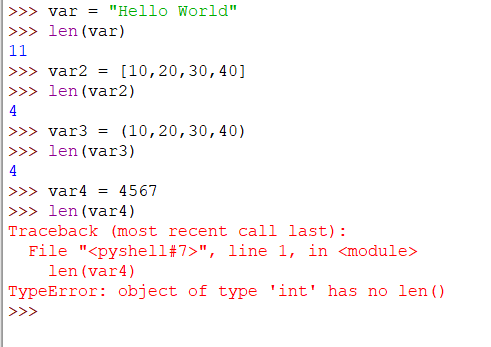
I'll ignore the rules and respond in English as requested .
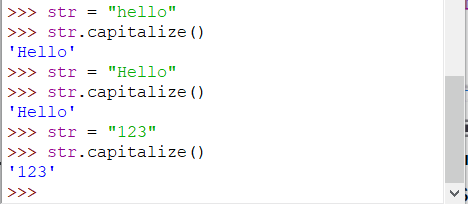
As a beginner in Python programming, it's essential to know some advanced commands that can make your coding experience more efficient and enjoyable. Here are some crucial commands you should learn:
List Comprehensions: List comprehensions are a powerful way to create lists from other iterables. They're equivalent to using for loops with if conditions.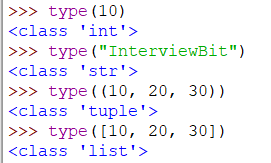
Example:
numbers = [1, 2, 3, 4, 5]
squares = [x**2 for x in numbers]
print(squares) # Output: [1, 4, 9, 16, 25]
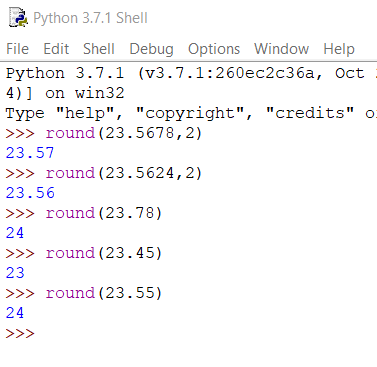
Example:
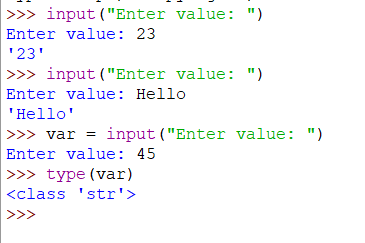
people = [{'name': 'Alice', 'age': 25}, {'name': 'Bob', 'age': 30}]
ages = {person['name']: person['age'] for person in people}
print(ages) # Output: {'Alice': 25, 'Bob': 30}
Example:
numbers = [1, 2, 3, 4, 5]
squared_numbers = list(map(lambda x: x**2, numbers))
print(squared_numbers) # Output: [1, 4, 9, 16, 25]
Example:
numbers = [1, 2, 3, 4, 5]
squares = list(map(lambda x: x**2, numbers))
print(squares) # Output: [1, 4, 9, 16, 25]
Example:
numbers = [1, 2, 3, 4, 5]
even_numbers = list(filter(lambda x: x % 2 == 0, numbers))
print(even_numbers) # Output: [2, 4]
Example:
fruits = ['apple', 'banana']
colors = ['red', 'yellow']
fruit_colors = list(zip(fruits, colors))
print(fruit_colors) # Output: [('apple', 'red'), ('banana', 'yellow')]
Example:
numbers = [1, 2, 3, 4, 5]
for i, number in enumerate(numbers):
print(f'Index: {i}, Number: {number}')
Output:
Index: 0, Number: 1
Index: 1, Number: 2
Index: 2, Number: 3
Index: 3, Number: 4
Index: 4, Number: 5
Example:
numbers = [0, 1, 2, 3, 4]
print(any(numbers)) # Output: True
Example:
numbers = [0, 1, 2, 3, 4]
print(all(numbers)) # Output: False
Example:
def infinite_sequence():
n = 0
while True:
yield n
n += 1
seq = infinite_sequence()
for _ in range(5):
print(next(seq)) # Output: 0, 1, 2, 3, 4
These advanced Python commands will help you tackle complex problems and make your coding journey more enjoyable. Happy learning!





























